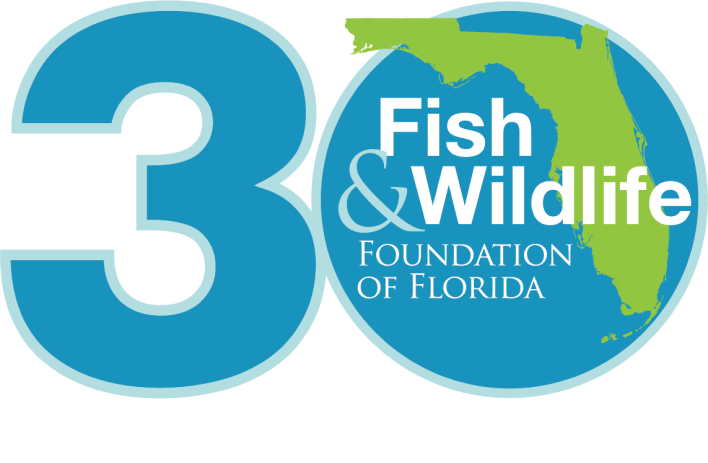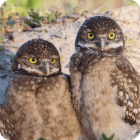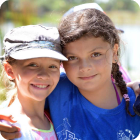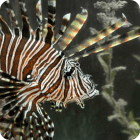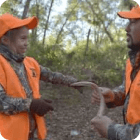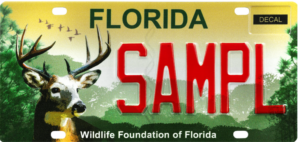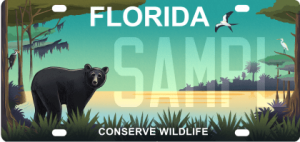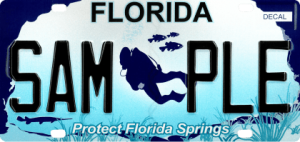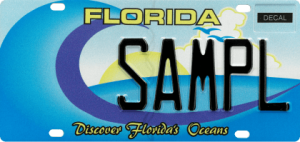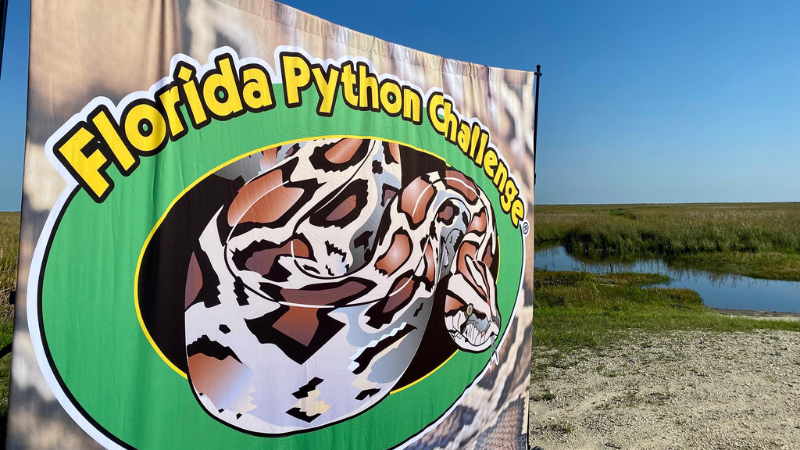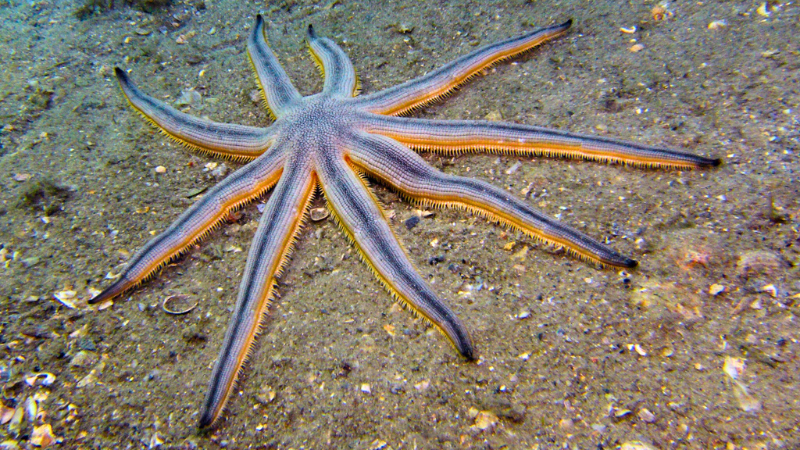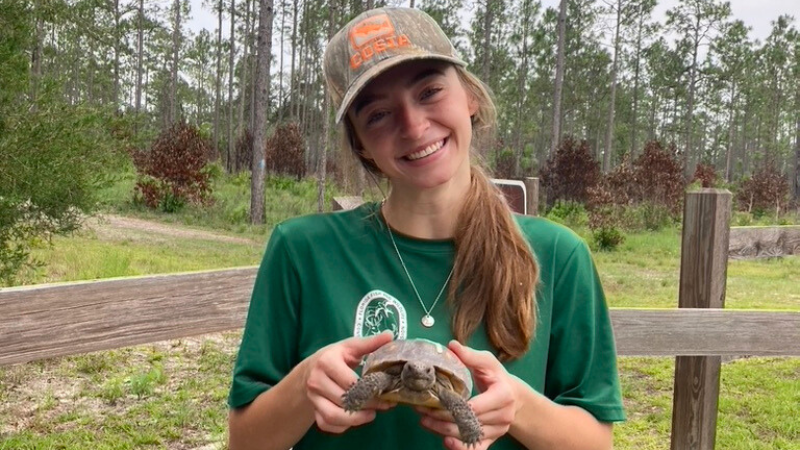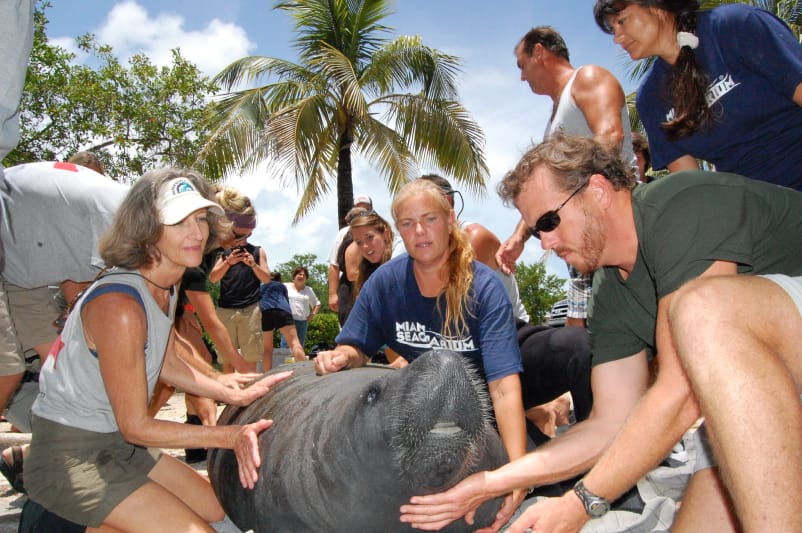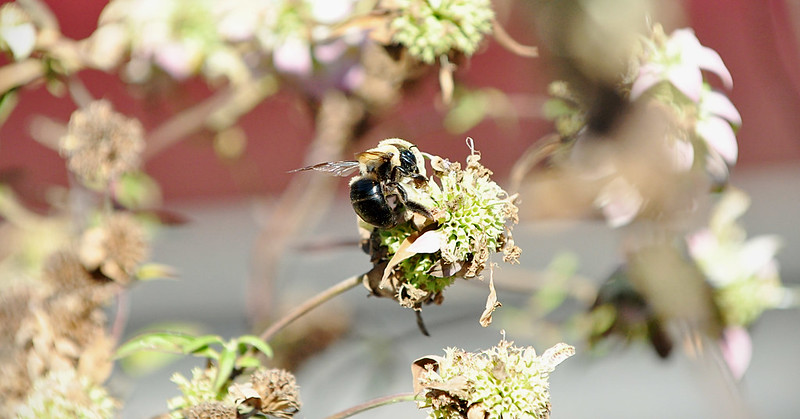
By: Kyle Grammatica
Spring is here and birds, bees, and butterflies are in the air. That means it’s time for pollination!
Insects, birds, and bats transfer pollen to flowers of the same species, leading to seed and fruit production. Pollination is essential not only for plants, but also humans since it creates food, fibers, spices, and medicine. Apples, chocolate, melons, potatoes, and vanilla are just a few examples of crops that we wouldn’t have without the help of pollinators.
Bees
When you think “pollinator” you may picture a honeybee, but honeybees are not native to the United States. In fact, they came to America with European colonists in the 17th century. They were brought to the new world for their honey and wax production as well as their ability to pollinate crops the colonists brought, including apples, oranges, and pears. Honeybees can be good pollinators, but native Florida bees like halictid, carpenter, and bumble bees make up the bulk of our pollinators. Halictid bees are small and typically colorful bees. Look for their bright green metallic sheen around flowering plants. Bumble bees and carpenter bees are large and fuzzy, making them very effective pollinators; pollen collects on their fuzz and can be brought to other flowers easily. These bees also vibrate their wings in a way that stimulates plants to release pollen. Some plants only release pollen from this “shaking.”
Other Pollinators
A variety of other insects like moths, wasps, beetles, and male mosquitos help pollinate Florida plants. Butterflies are also pollinators but are less effective than other insects. Florida’s native birds are specialists at pollinating wildflowers that require more pollen and transportation of seeds and fruit.
Unfortunately, many native pollinator species are on the decline from loss of habitat, pesticide use, invasive species, disease, and parasites. To help pollinators, try planting native flowering plants in your garden and reduce pesticide use. Conserving habitat is also critical to the long-term success of pollinator species and native plants.
Help protect Florida’s natural lands and wildlife by donating here!
